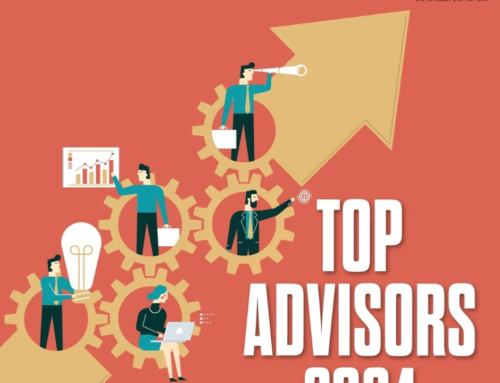27 Money Moves to Make Now to Prepare for 2020
Editors of Kiplinger’s Personal Finance | Kiplinger | October 29th, 2019
Assess Your Portfolio Risk
Now is a good time to ask yourself how you’d be affected by a major stock market decline. First, consider your risk capacity—how a portfolio slide would affect your financial picture, such as your ability to retire on time or make scheduled withdrawals from retirement accounts that have sunk in value. Then consider your risk tolerance—how such a downturn would affect you psychologically. Someone 30 years from retirement has the capacity to take on riskier investments, says Sam Huszczo, a certified financial planner in Southfield, Mich. But if that person is likely to panic and sell investments when markets get volatile, “it may be prudent to take the risk down a notch,” he says.
If you couldn’t handle, say, a 33% dip in stocks (the average loss in Standard & Poor’s 500-stock index during bear markets since World War II), consider replacing some of your stocks with investments designed to mitigate risk. One option: a balanced fund, which comes with a built-in allocation to bonds (which are less volatile than stocks). Vanguard Wellington (symbol VWELX), a member of the Kiplinger 25, invests some 65% of assets in stocks and 35% in bonds. (The fund is open to new investors if purchased directly through Vanguard.) The fund’s annualized return beat 94% of peer funds over the past 15 years, and it charges just 0.25% in annual expenses. (All prices and returns are as of September 30.)






Keep In Touch